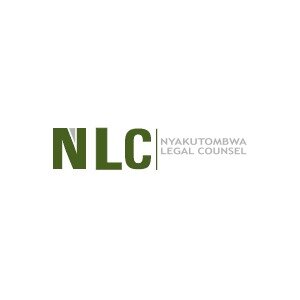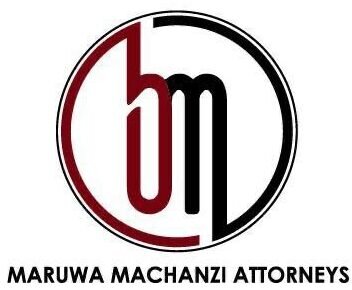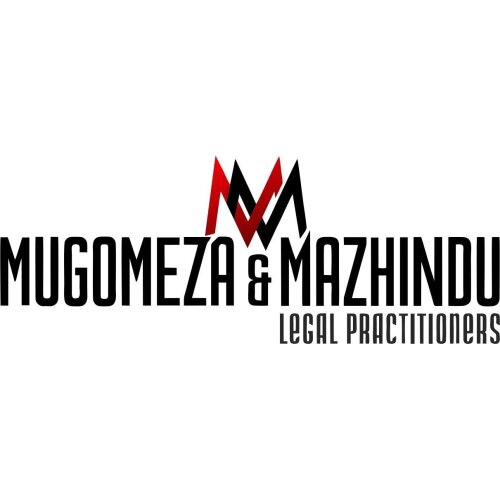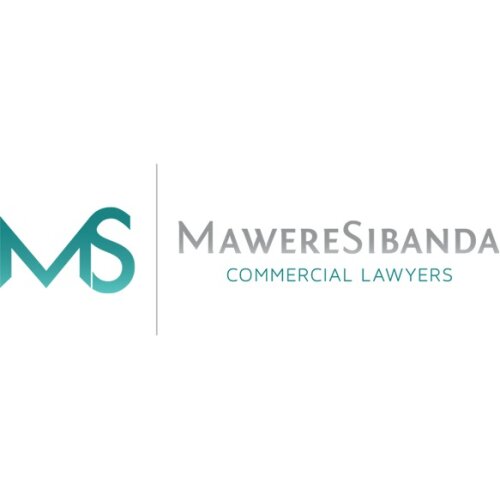Best Debt Capital Markets Lawyers in Harare
Share your needs with us, get contacted by law firms.
Free. Takes 2 min.
List of the best lawyers in Harare, Zimbabwe
About Debt Capital Markets Law in Harare, Zimbabwe
Debt Capital Markets (DCM) in Harare, Zimbabwe, refer to the sphere where companies, governmental bodies, and other entities raise funds by issuing debt instruments such as bonds and notes. DCM enables issuers to secure medium to long-term financing from investors, helping fund expansion, infrastructure, and other projects. Zimbabwe's capital markets ecosystem, under the oversight of regulatory authorities, facilitates both domestic and regional debt issuances. Legal practitioners operating in this space assist with structuring, regulatory compliance, documentation, negotiation, and execution of these debt instruments to ensure adherence to local laws and successful completion of transactions.
Why You May Need a Lawyer
Navigating the Debt Capital Markets in Harare can be complex due to the interplay of local regulations, transactional requirements, and financial obligations. Here are some common situations where engaging a legal expert can be invaluable:
- Structuring and issuing corporate or municipal bonds
- Advising on regulatory compliance and licensing requirements
- Drafting or reviewing offering documents and transaction agreements
- Assisting with private placements or public listings on the Zimbabwe Stock Exchange
- Negotiating terms with underwriters, investors, or regulatory bodies
- Addressing cross-border aspects or foreign currency controls impacting issuances or repayments
- Resolving disputes arising from debt instruments or defaults
- Advising on secondary market trading and disclosure obligations
Whether you are an issuer, an investor, or an intermediary, a lawyer’s involvement can help protect your interests and facilitate seamless transactions.
Local Laws Overview
The Debt Capital Markets in Harare are primarily governed by several key laws and regulations. The most significant among these are the Securities and Exchange Act (Chapter 24:25), the Zimbabwe Stock Exchange (ZSE) Rules, and the Reserve Bank of Zimbabwe (RBZ) policies. Any public offer of debt securities must comply with the regulations set by the Securities and Exchange Commission of Zimbabwe (SECZ). Additionally, the Banking Act, the Companies and Other Business Entities Act, and the Exchange Control Regulations play crucial roles in debt issuances and related activities. Legal frameworks also stipulate specific disclosure and continuous reporting obligations for issuers, as well as requirements for licensing intermediaries such as brokers, sponsors, and trustees.
Cross-border deals must take local currency and exchange control restrictions into account, particularly considering Zimbabwe's unique monetary environment. Issuers and participants are expected to adhere strictly to anti-money laundering and Know Your Customer (KYC) regulations. Regulatory oversight ensures transparency, protection of investors, and overall market stability.
Frequently Asked Questions
What is a bond issue, and how does it work in Zimbabwe?
A bond issue is when a company, municipality, or government borrows money from investors through a formal debt instrument. In Zimbabwe, bonds can be listed on the Zimbabwe Stock Exchange or sold privately, and must comply with local securities laws.
Who can issue debt securities in Zimbabwe?
Corporate entities, governments, municipalities, and certain public enterprises registered in Zimbabwe can issue debt securities, subject to regulatory approval.
What steps are required to issue a bond in Harare?
Issuers must draft an offering document, seek necessary approvals from regulatory authorities like SECZ and RBZ, comply with disclosure requirements, appoint trustees, and where applicable list the bond on the ZSE.
Are there specific regulations for foreign participation in Zimbabwe’s Debt Capital Markets?
Yes, foreign investors are subject to exchange control regulations, may need RBZ approval for repatriating proceeds or capital, and must comply with restrictions on foreign ownership in some sectors.
What are the ongoing obligations for issuers after the bond is listed?
Ongoing obligations include periodic financial reporting, timely disclosure of material events, interest and principal payments as agreed, and compliance with all ZSE and SECZ requirements.
Can companies privately place debt securities without listing?
Yes, private placements are permitted but are typically limited to qualified investors, and still require regulatory notifications or approvals depending on the size and nature of the offer.
What role do lawyers play in Debt Capital Markets transactions?
Lawyers advise on structuring, draft and review documents, ensure regulatory compliance, assist with negotiations, and mitigate legal risks for all parties involved.
What risks should investors consider when buying Zimbabwean bonds?
Investors should consider credit risk, market risk, currency risk due to local currency volatility, as well as regulatory and political risks unique to Zimbabwe.
How is investor protection ensured in Zimbabwe’s Debt Capital Markets?
Regulatory bodies like the SECZ enforce disclosure and transparency rules, and require appointment of trustees or custodians to protect investor interests in debt offerings.
What happens if a bond issuer defaults on payments?
If an issuer defaults, the trustee typically acts on behalf of bondholders to enforce contractual remedies, which may include legal proceedings or restructuring negotiations, guided by the terms in the bond documentation and local insolvency laws.
Additional Resources
If you need further information or assistance, the following resources and organizations are helpful:
- Securities and Exchange Commission of Zimbabwe (SECZ)
- Zimbabwe Stock Exchange (ZSE)
- Reserve Bank of Zimbabwe (RBZ)
- Zimbabwe Association of Securities Dealers
- Ministry of Finance and Economic Development
- Law Society of Zimbabwe for referrals to qualified legal practitioners experienced in capital markets
Next Steps
If you are considering participating in or navigating Debt Capital Markets activities in Harare, it is advisable to consult a legal expert with in-depth experience in local capital markets law. Start by clarifying your specific goals, compiling relevant documentation, and preparing your questions in advance. Reach out to the Law Society of Zimbabwe or reputable law firms known for financial and capital markets expertise. Many firms offer initial consultations and can guide you through compliance, structuring, negotiation, and execution of your capital markets transactions, ensuring your interests are protected throughout the process.
Lawzana helps you find the best lawyers and law firms in Harare through a curated and pre-screened list of qualified legal professionals. Our platform offers rankings and detailed profiles of attorneys and law firms, allowing you to compare based on practice areas, including Debt Capital Markets, experience, and client feedback.
Each profile includes a description of the firm's areas of practice, client reviews, team members and partners, year of establishment, spoken languages, office locations, contact information, social media presence, and any published articles or resources. Most firms on our platform speak English and are experienced in both local and international legal matters.
Get a quote from top-rated law firms in Harare, Zimbabwe — quickly, securely, and without unnecessary hassle.
Disclaimer:
The information provided on this page is for general informational purposes only and does not constitute legal advice. While we strive to ensure the accuracy and relevance of the content, legal information may change over time, and interpretations of the law can vary. You should always consult with a qualified legal professional for advice specific to your situation.
We disclaim all liability for actions taken or not taken based on the content of this page. If you believe any information is incorrect or outdated, please contact us, and we will review and update it where appropriate.

















